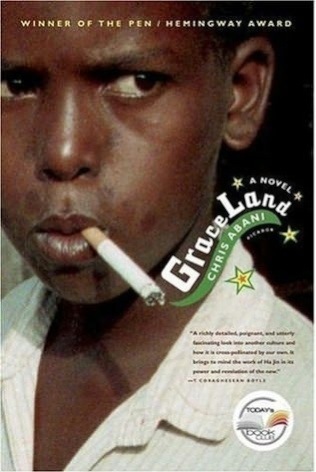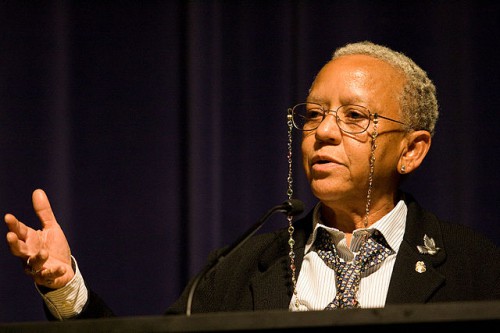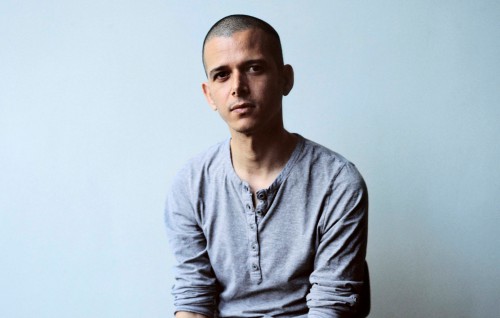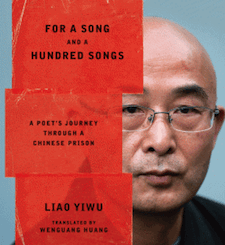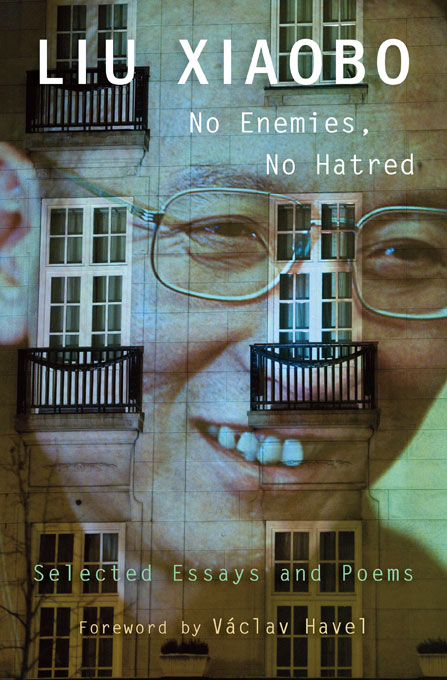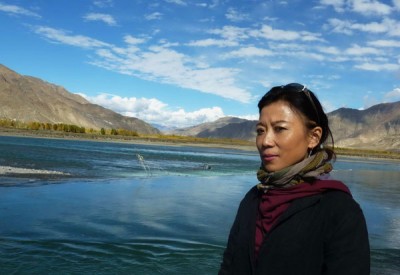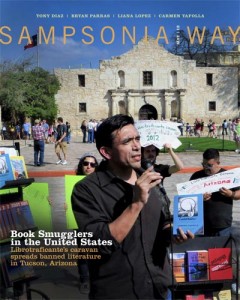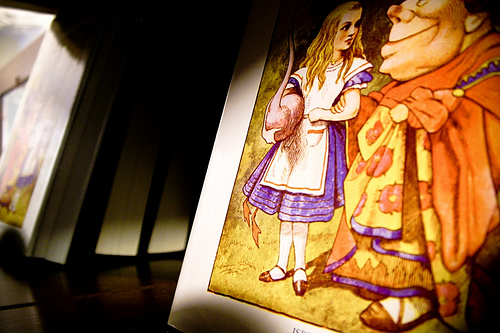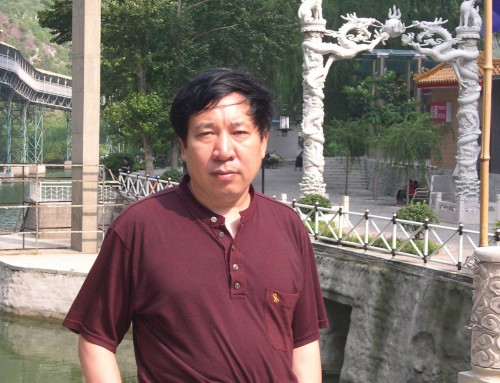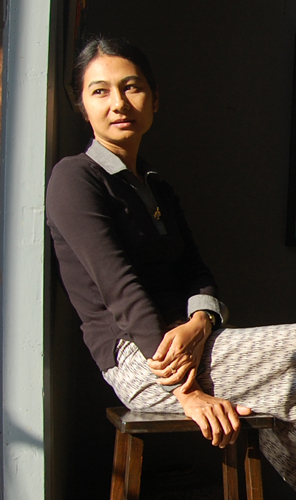From the Archives: 10 Banned Writers You Must Read
by Sampsonia Way / September 26, 2013 / No comments
In recognition of Banned Books Week, Sampsonia Way presents a selection of exclusive interviews, excerpts, and profiles of the banned writers who have appeared in our pages. From imprisoned Chinese activists to American poets, what follows is a list of the 10 banned writers you must read.
Chris Abani: I Need Distractions All the Time
In 2010 Chris Abani’s novel Graceland was banned from Duval County Public Schools in Jacksonville, Florida after a parent complained about a graphic section in the book. In this interview Abani talks about his writing process and the many art forms that contribute to his work.
“Words are Weapons of the Strong:” An Interview with Nikki Giovanni
Nikki Giovanni talks through her feelings about love and censorship. Knowing firsthand what it’s like to be censored, Giovanni revisits when her first two books Black Feeling Black Talk and Black Judgement were banned by the Oakland, CA School Board. She also discusses the banning of My House in Alaska.
A conversation with Moroccan Novelist Abdellah Taia
In September, 2012, Abdellah Taia discussed his latest novel, Infidels, and how being the first openly gay Moroccan intellectual affected his career. Once censored in the Arab world for his book Le jour de Roi, Taia’s work is now translated into many languages, including his native Arabic.
“This is who I am.” A conversation with Poet Keorapetse Kgositsile
The work of Keorapetse Kgositsile was banned until 1990. In this interview he talks about South Africa’s progress since the end of apartheid, the effects of exile on family, and the relationship between poetry and jazz.
Excerpt: Liao Yiwu’s For a Song and a Hundred Songs
An excerpt from Liao Yiwu’s book For a Song and a Hundred Songs: A Poet’s Journey Through a Chinese Prison, winner of the German Book Trade’s Peace Prize in 2012. This selection details Yiwu’s arrest in 1990 and the subsequent arrests of his intellectual peers.
Excerpt: Liu Xiaobo’s No Enemies, No Hatred
An excerpt from Xiaobo’s book No Enemies, No Hatred: Selected Essays and Poems. This selection is an essay which Xiaobo wrote in 2008, eighteen months before he was sentenced to eleven years in prison for “inciting subversion of state power.”
Tsering Woeser: Fearless Reporting Behind China’s Great Firewall
Tsering Woeser, an online journalist, writes about contemporary Tibet despite constant web shut-downs, bans, surveillance, and harassment from the Chinese government. In this piece, Woeser recounts growing up in an occupied Tibet and living her childhood dream of being a reporter, sharing the story of Tibet with the world.
Book Smugglers in the United States
The story of Tony Diaz, self-proclaimed “Libroficante” (illegal book trafficker) and his caravan of peers. In 2012, the Libroficante Caravan spread the works of Latino writers and poets throughout the American SouthWest in protest of a school district’s ban on some Latino books, including Gloria Anzaldúa’s Borderlands/La Frontera and Paulo Freire’s Pedagogy of the Oppressed.
Banned Books of Childhood
Vijay Nair reflects on his favored childhood novels and stories after discovering that at one time or another works like Alice’s Adventures in Wonderland, Adventures of Huckleberry Finn, and The Wonderful Wizard of Oz have been banned for specious reasons.
Yan Lianke: A Master of Sarcasm
Tienchi Martin-Liao presents a profile of Yan Lianke, part of the small group of China’s “professional writers” sponsored by the government. However, Yan’s writing routinely mocks his employers and government officials, resulting in censorship and a widespread media boycott of his works.
Khet Mar’s Tea House
In this collection of columns and profile pieces, former City of Asylum/Pittsburgh Writer-In-Residence Khet Mar presents her view of Burma through stories of persecuted, exiled, and silenced writers, bloggers, poets, and artists from her country.

